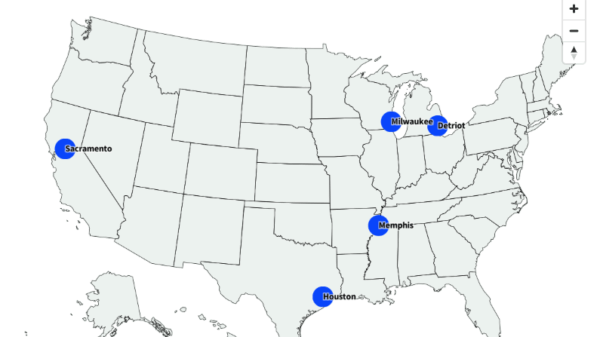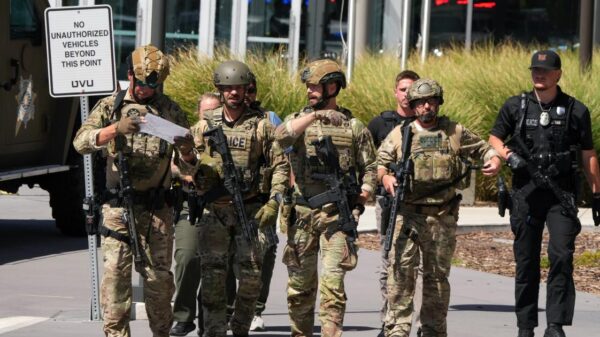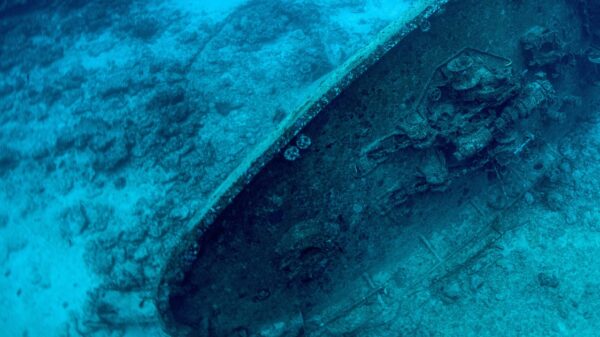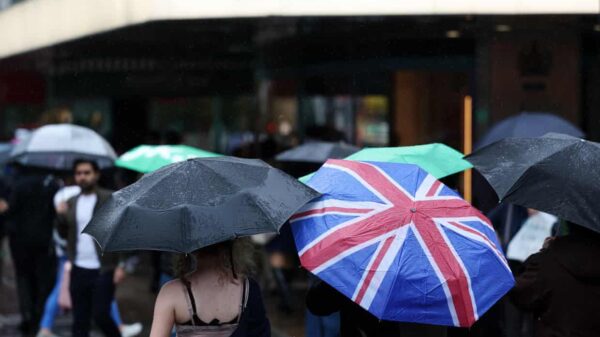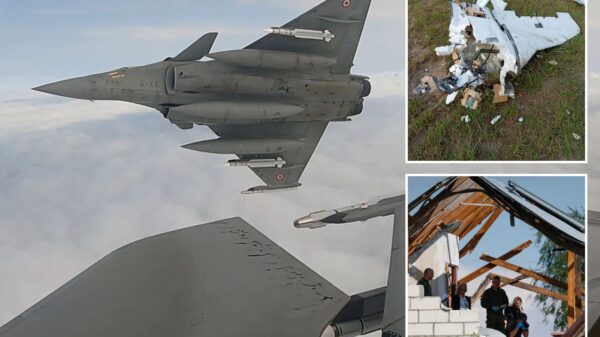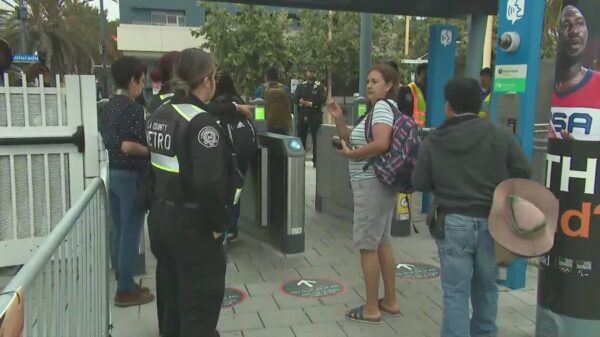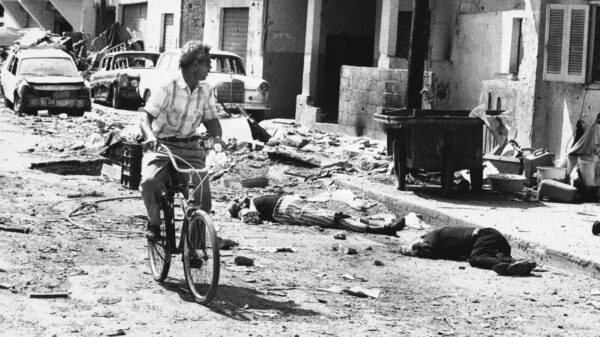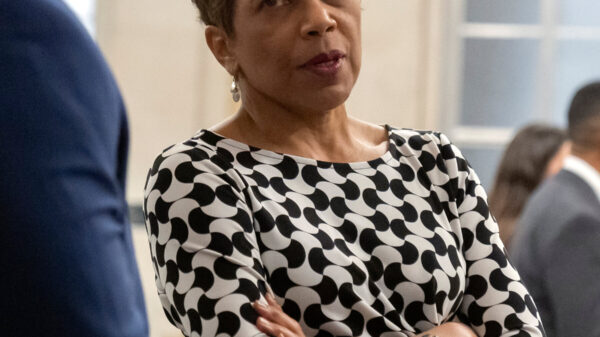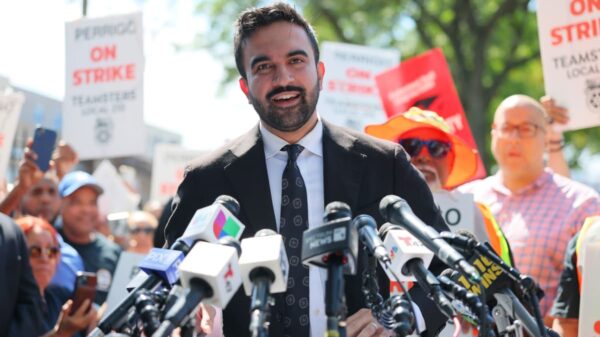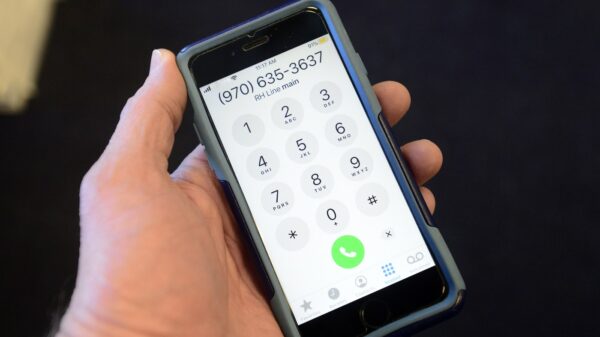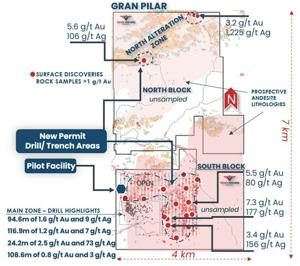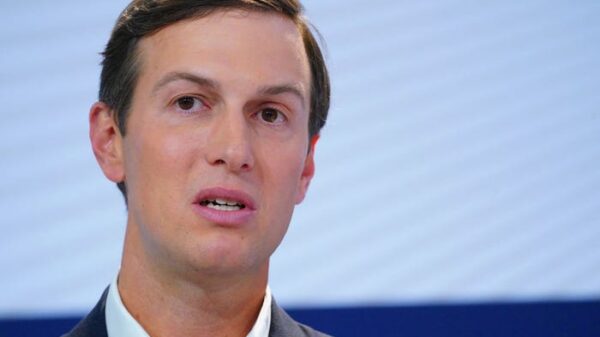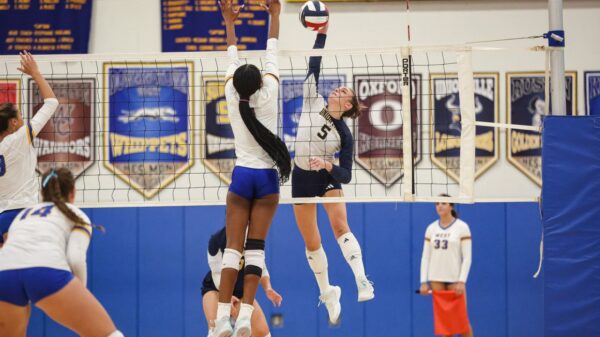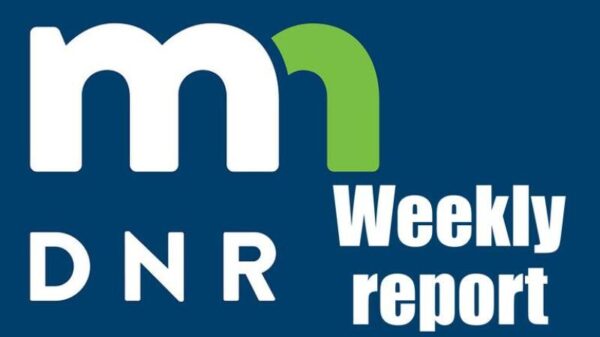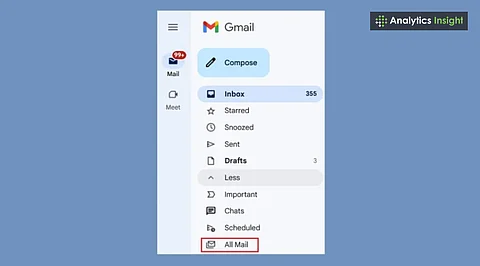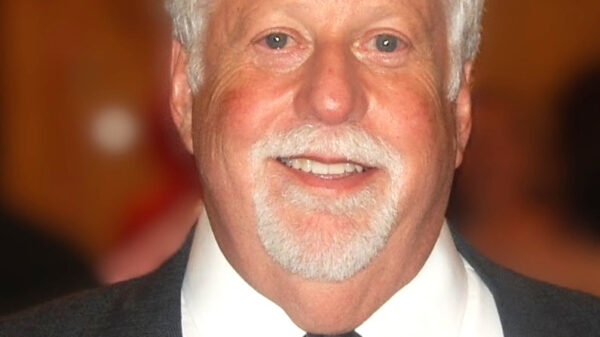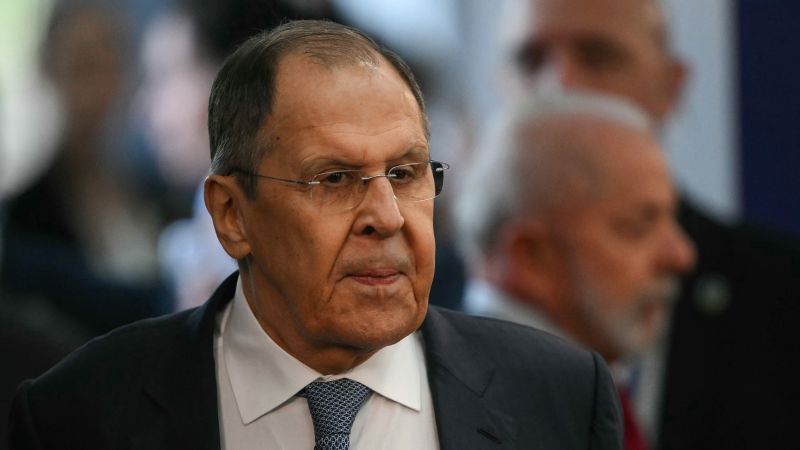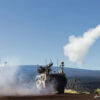Russian Foreign Minister Sergey Lavrov will travel to North Korea from July 11 to 13, 2024, signaling a further deepening of ties between Moscow and Pyongyang. This visit occurs as North Korea increasingly becomes involved in the ongoing conflict in Ukraine. According to TASS, a spokesperson for the Russian Foreign Ministry, Lavrov’s trip is part of the second round of strategic dialogue between the two nations.
The announcement comes alongside reports from Ukraine’s intelligence suggesting that North Korea plans to deploy an additional 25,000 to 30,000 soldiers to support Russia’s military efforts in Ukraine. This deployment would add to the estimated 11,000 soldiers North Korea provided last year. The evolving relationship between Russia and North Korea has raised concerns about the potential implications for security dynamics in the region.
Strengthening Military Connections
While in North Korea, Lavrov is expected to engage in discussions with his North Korean counterpart Choe Son Hui. Choe visited Moscow in November 2023, where Lavrov praised the “very close contacts” between the military and intelligence services of both nations. It is possible that Lavrov will also meet with North Korean leader Kim Jong Un, further solidifying bilateral ties.
Despite facing significant military losses, North Korea has become more integrated into Russia’s war strategy. Reports from Western officials indicate that approximately 4,000 North Korean soldiers have been killed or wounded while supporting Russian forces. In the Russian border region of Kursk, North Korean troops have reportedly been living in dugouts while actively participating in combat alongside Russian soldiers.
Recent satellite imagery obtained by CNN shows cargo planes and troop transport vessels moving between North Korea and Russia, suggesting extensive military logistics are underway. As Russia grapples with weapon shortages, it has increasingly relied on North Korea for supplies. Notably, training manuals for North Korean artillery have been translated into Russian, highlighting the growing interoperability of their armed forces.
Military Supply and Strategic Implications
A report released by 11 United Nations member states in June 2024 revealed that North Korea sent at least 100 ballistic missiles and 9 million artillery shells to Russia this year. This flow of armaments underscores the strategic partnership developing between the two countries, which could have significant implications for the ongoing conflict in Ukraine and broader security issues in Asia.
In recent weeks, Russia has intensified its aerial assaults on Ukraine, launching a record 728 drones and 13 missiles on Wednesday alone. The following day, Russian drones targeted the capital city of Kyiv from multiple directions, indicating a new tactical approach aimed at testing Ukraine’s defenses.
The implications of Lavrov’s visit and the growing cooperation between Russia and North Korea continue to unfold, raising questions about the future of regional security and the trajectory of the war in Ukraine.

